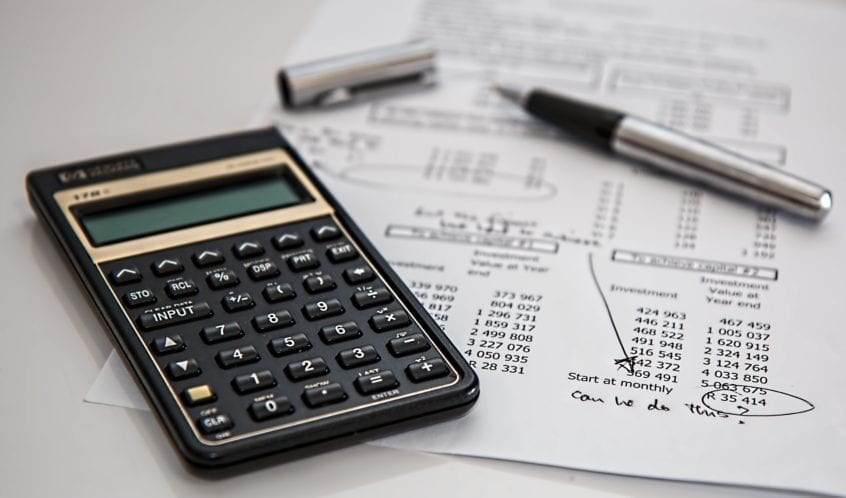By: The Kay Properties Team When selling real estate investment property, investors generally have two options: 1) pay the taxes on any gains from the sale, or, 2) conduct a 1031 exchange and defer the taxes owed. Recently, because of the financial uncertainty surrounding COVID-19 and the overall state of the economy, some investors are choosing to pay the taxes on any gain from the sale of their investment properties and hold on to their cash rather than acquire replacement real estate utilizing the 1031 process. While every investor is different and should make their own determination of their specific financial landscape and rely on the advice of their professional financial and legal counsel, there are generally two major points to keep in mind before choosing to pay the taxes rather than defer. Point #1: The Amount of Taxes You Might Have To Pay If you choose to pay the taxes on your gain, you might be responsible for the following:
- Long term federal capital gains tax rate may be as high as 20%, depending on your income bracket.
- State tax can also add to the financial tax hit, depending on the State in which you live. For example, in California, an investor could possibly also pay up to 13.3% in income tax.
- Depreciation recapture is taxed at a flat rate of 25%, which can be quite significant if you’ve held and depreciated your investment property for a long period of time.
- Net Investment Income Tax (NIIT) applies to certain net investment income of investors that have income above the statutory threshold, at a rate of 3.8%.
Point #2: Opportunity Cost of Any Amount You Pay In Taxes When an investor pays taxes, that could otherwise be deferred, they’re left with less capital that could otherwise be used for investment purposes that could generate more return for them. Let’s use a simple example: Suppose that an investor sells an investment property for $1 million, and the total amount of taxes that they would owe on such sale is $350,000. That accredited investor then decides, for purposes of our example, that they will pay the taxes owed and take the $650,000 in cash remaining and invest it in some investment that pays 5% annual interest. That investor, based on our example, should make a return of $32,500 per year. However, if that same investor had completed a 1031 exchange deferring all of their taxes and depreciation recapture, for example into a DST paying 5% annually, their annual return should be $50,000, a difference of $17,500. While the above is a simplified example, it helps illustrate the opportunity cost of paying the taxes rather completing a 1031 exchange. Lastly, investors should note that if they pay their taxes the $350,000 in the above example is gone forever. If they were to do an exchange they would have deferred their taxes, the $350,000 would be able to generate potential income for them AND when the investor passes, his or her heirs would receive a full step up in basis thereby eliminating the $350,000 of capital gains taxes forever. So not only will the investor make $17,500 in income less per year but the investors estate would also lose $350,000 of principal. This math above is the very reason why so many investors choose to utilize the 1031 exchange as it is one of the most tax efficient strategies that real estate investors can utilize. Before an investor decides to pay any owed taxes on the sale of their investment property rather than completing a 1031 exchange and deferring those taxes, they should thoroughly understand the financial implications as everybody’s unique situation is different, by consulting with their professional tax advisor, CPA and attorney.

